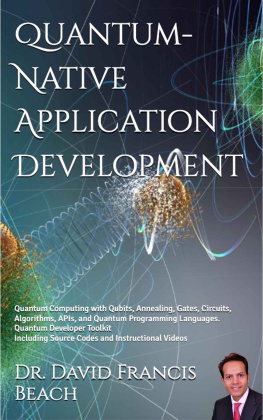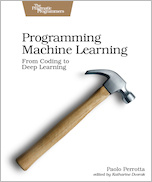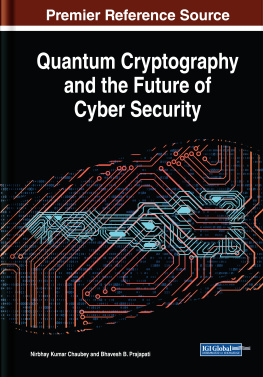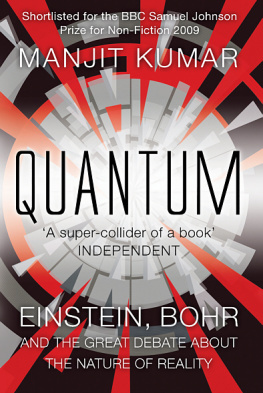Advanced Sciences and Technologies for Security Applications
Series Editor
Anthony J. Masys
Associate Professor, Director of Global Disaster Management, Humanitarian Assistance and Homeland Security, University of South Florida, Tampa, USA
Advisory Editors
Gisela Bichler
California State University, San Bernardino, CA, USA
Thirimachos Bourlai
Lane Department of Computer Science and Electrical Engineering, Multispectral Imagery Lab (MILab), West Virginia University, Morgantown, WV, USA
Chris Johnson
University of Glasgow, Glasgow, UK
Panagiotis Karampelas
Hellenic Air Force Academy, Attica, Greece
Christian Leuprecht
Royal Military College of Canada, Kingston, ON, Canada
Edward C. Morse
University of California, Berkeley, CA, USA
David Skillicorn
Queens University, Kingston, ON, Canada
Yoshiki Yamagata
National Institute for Environmental Studies, Tsukuba, Ibaraki, Japan
Indexed by SCOPUS
The series Advanced Sciences and Technologies for Security Applications comprises interdisciplinary research covering the theory, foundations and domain-specific topics pertaining to security. Publications within the series are peer-reviewed monographs and edited works in the areas of:
biological and chemical threat recognition and detection (e.g., biosensors, aerosols, forensics)
crisis and disaster management
terrorism
cyber security and secure information systems (e.g., encryption, optical and photonic systems)
traditional and non-traditional security
energy, food and resource security
economic security and securitization (including associated infrastructures)
transnational crime
human security and health security
social, political and psychological aspects of security
recognition and identification (e.g., optical imaging, biometrics, authentication and verification)
smart surveillance systems
applications of theoretical frameworks and methodologies (e.g., grounded theory, complexity, network sciences, modelling and simulation)
Together, the high-quality contributions to this series provide a cross-disciplinary overview of forefront research endeavours aiming to make the world a safer place.
The editors encourage prospective authors to correspond with them in advance of submitting a manuscript. Submission of manuscripts should be made to the Editor-in-Chief or one of the Editors.
More information about this series at http://www.springer.com/series/5540
Ajey Lele
The Manohar Parrikar Institute for Defence Studies and Analyses (MP-IDSA), New Delhi, India
ISSN 1613-5113 e-ISSN 2363-9466
Advanced Sciences and Technologies for Security Applications
ISBN 978-3-030-72720-8 e-ISBN 978-3-030-72721-5
https://doi.org/10.1007/978-3-030-72721-5
The Editor(s) (if applicable) and The Author(s), under exclusive license to Springer Nature Switzerland AG 2021
This work is subject to copyright. All rights are solely and exclusively licensed by the Publisher, whether the whole or part of the material is concerned, specifically the rights of translation, reprinting, reuse of illustrations, recitation, broadcasting, reproduction on microfilms or in any other physical way, and transmission or information storage and retrieval, electronic adaptation, computer software, or by similar or dissimilar methodology now known or hereafter developed.
The use of general descriptive names, registered names, trademarks, service marks, etc. in this publication does not imply, even in the absence of a specific statement, that such names are exempt from the relevant protective laws and regulations and therefore free for general use.
The publisher, the authors and the editors are safe to assume that the advice and information in this book are believed to be true and accurate at the date of publication. Neither the publisher nor the authors or the editors give a warranty, expressed or implied, with respect to the material contained herein or for any errors or omissions that may have been made. The publisher remains neutral with regard to jurisdictional claims in published maps and institutional affiliations.
This Springer imprint is published by the registered company Springer Nature Switzerland AG
The registered company address is: Gewerbestrasse 11, 6330 Cham, Switzerland
Preface
If successfully developed, quantum technologies have the capacity to shape the future of the world. For long, the quantum realm was known to be defying common sense. In 1964, physicist John Stewart Bell had proved that the concepts of quantum physics could be explained in practical terms. Still, it is taking a significant amount of time for the development of technologies envisaged by quantum physics. Predominantly, since the beginning of the twenty-first century, scientists are known to be getting some initial success, while working on innovative ways to build on quantum systems. Wide-ranging applications of these technologies are becoming evident and they are expected to bring in revolution mainly in the future of computing, commutations and cryptography. These technologies are dual-use in nature and their military utility is becoming obvious. This work is an attempt to understand the importance of quantum technologies in the strategic realm.
I owe thanks to Amb. Sujan R. Chinoy, the Director General of the Manohar Parrikar Institute for Defence Studies and Analyses (MP-IDSA), New Delhi, for allowing me to undertake this work and providing constant encouragement. I would like to thank Mr. Mukesh Kumar from the MP-IDSA library for his useful assistance. Lastly, my gratitude goes to my wife Dr. Pramada, my Physics teacher at home, for her support. The comments in this manuscript reflect my own personal views.
Ajey Lele
New Delhi, India
March 2021











![David Orrell [David Orrell] - Quantum Economics](/uploads/posts/book/114631/thumbs/david-orrell-david-orrell-quantum-economics.jpg)

